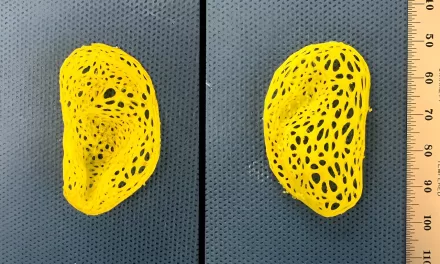Researchers from Emory University and Harvard University in the United States have established a link between childhood exposure to air pollution and the age at which girls experience their first menstruation.
Published in the journal Environmental Health Perspectives, the study gathered data from over 5,200 girls across the U.S. It found that girls exposed to higher levels of fine particulate matter air pollution in their residential areas throughout their childhood tended to experience their first periods at an earlier age. Girls who menstruate earlier face an elevated risk for various diseases later in life, including cardiovascular disease, Type 2 diabetes, and certain types of cancer. This study sheds light on a potential environmental factor, particulate matter air pollution, that may help account for the observed trend of earlier onset of menstruation over the past 50 years. While further research is needed, it suggests that early life environmental exposures may significantly influence the pace of reproductive development in girls,” explained Audrey Gaskins, senior author and associate professor of epidemiology at Emory University.
The reproductive health of young girls can be safeguarded, potentially even in utero, through the implementation of policies and regulations aimed at reducing the primary sources of particulate matter air pollution, which include emissions from gasoline, oil, diesel fuel, and wood combustion. The study focused exclusively on one type of air pollutant—particulate matter. However, individuals are exposed to various types of air pollutants, so additional research is required to understand how and if multiple air pollutants interact with one another and whether this combination has a distinct effect on the reproductive health of girls. “We discovered that higher exposure to fine particulate matter, a specific type of air pollution, was associated with earlier onset of menstruation. We hypothesize that fine particulate matter may disrupt the endocrine system and, in part, lead to earlier menstruation in girls. However, further research is needed to confirm this,” stated Robert Hood, lead author from Emory University.










